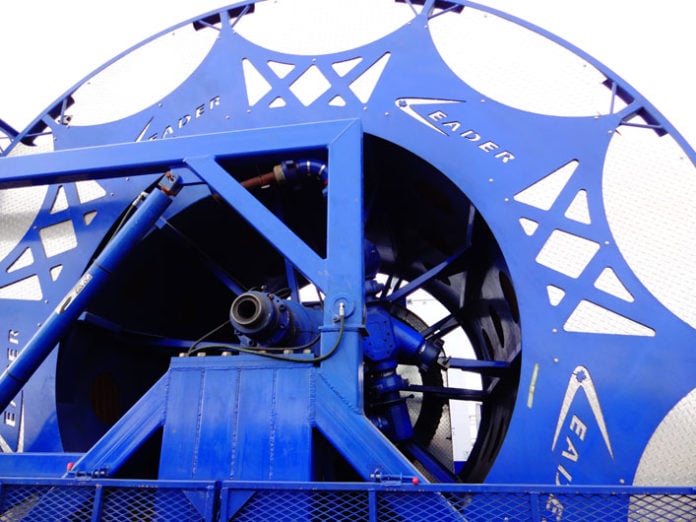Getting a job as a coiled tubing operator can be a good way to start your career in the oil and gas industry.
In general working on coiled tubing rig is a physically less demanding job than working on a drilling rig and it can be an excellent way to get into similar fields such as hydraulic fracturing, wireline, or downhole tool industry.
Don’t miss: Working as a Frac Equipment Operator
What is Coiled Tubing?
Coiled tubing is used in the oil and gas industry to perform various well intervention and workover operations.
Coiled tubing is one continuous piece of flexible metal pipe stored on a reel.
It comes in different sizes and lengths and has a few distinct advantages over snubbing or service rigs.
The biggest advantage is that it doesn’t need to be stopped when running in a hole to attach the next piece of tubing. This makes coiled tubing operations faster and usually safer.
Some examples of downhole operations performed with coiled tubing are milling, cleanouts, confirmation runs, logging, fishing, and annular hydraulic fracturing.
Related: 18 Most Common Coiled Tubing Applications
What Coiled Tubing Operators Do?
- Driving equipment to and from the lease – before the job you will be driving a reel trailer, control cab, support units, and chemical trailers. Depending on how your company operates you might also need to drive nitrogen and fluid units. While driving, you will need to fill out logbooks and follow all the commercial vehicle driving regulations.
- Rigging in and out coiled tubing equipment – this includes spotting all the equipment, connecting fluid and nitrogen iron to the reel, installing injector and lubricators, and securing all the equipment.
- Pressure and function testing equipment – includes BOP testing and surface iron testing.
- Helping the tool hand with installing bottom hole assembly (BHA) and performing both pressure and tensile tests to ensure it works as expected before running in the well.
- Performing preventative maintenance and fixing damaged equipment – replacing old pieces of equipment, cleaning units, removing damaged sections of coiled tubing, measuring coiled tubing thickness, and looking for any signs of damage or excessive corrosion.
- Software setup and data recording – senior operators are responsible for ensuring that data acquisition is working and the job is activated in the software so that operations can be monitored by engineers in the office.
- Completing all the paperwork – senior operators are also responsible for filling out all the safety paperwork and permits.
Related: What Do MWD Operators Do?
What Coiled Tubing Supervisors Do?
As you gain more experience as a coiled tubing operator eventually you will become a coiled tubing rig supervisor.
- Supervisors are responsible for managing the crew and ensuring that the job goes as planned.
- They stay in touch with the company man on location and coiled tubing engineers and sales representatives in the office.
- They are also in charge of mentoring all the members of the coiled tubing team and ensuring that everyone is following all the safety regulations as per the company’s policy.
- They provide instructions and guidance in emergency situations or when coiled tubing string fails due to pinholes or excessive fatigue.
Requirements for Working as a Coiled Tubing Operator
Similar to many other entry-level oilfield positions you will need to have your high school diploma or GED and a driving license (CDL preferred) to get a job as a coiled tubing operator.
Previous oilfield experience can be an asset.
You will also need to have First Aid and H2S tickets and might need to finish a few company-specific courses and safety tickets before going to the field.
Work Conditions
Most coiled tubing operators have a rotating schedule and stay in camps or hotels during their rotations.
Typically schedules are 14 days on and 6 days or 21 days on and 10 days off.
Shifts are usually 12 hours long.
Read next: What Coiled Tubing Engineers and Technical Specialists Do?
